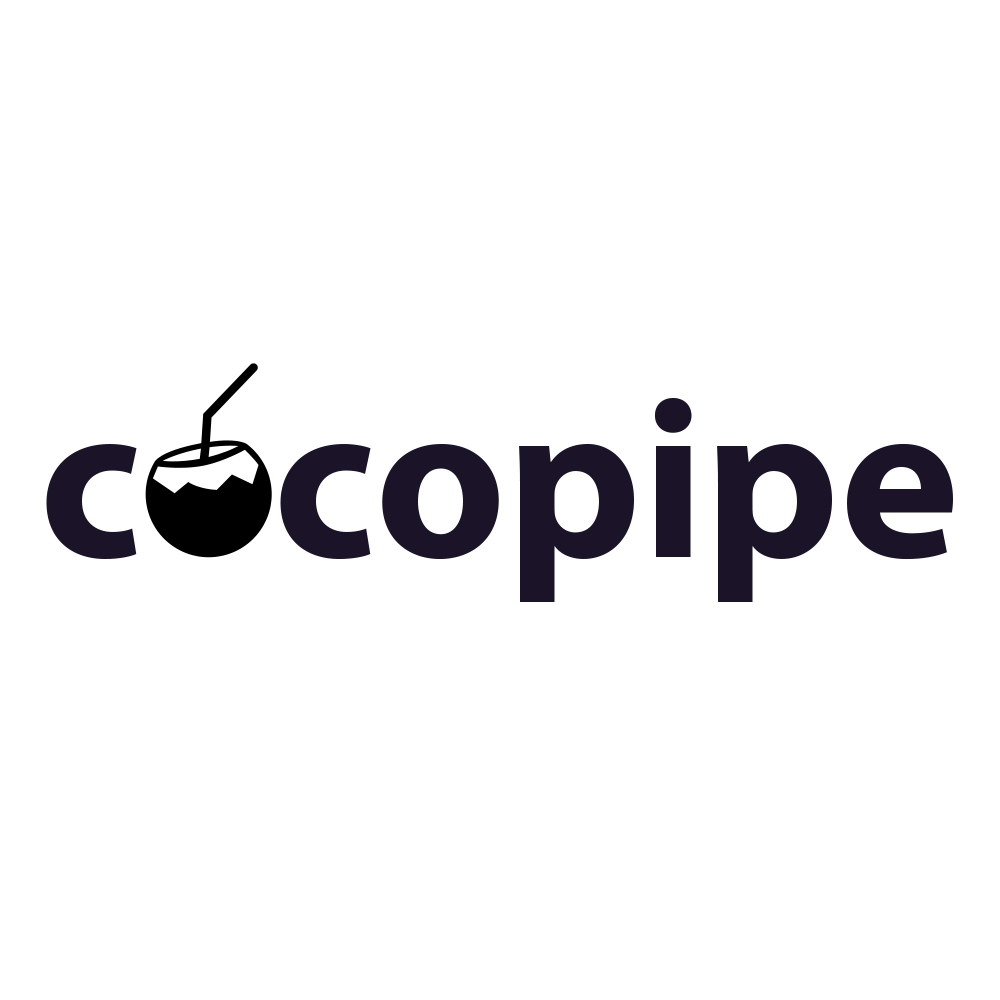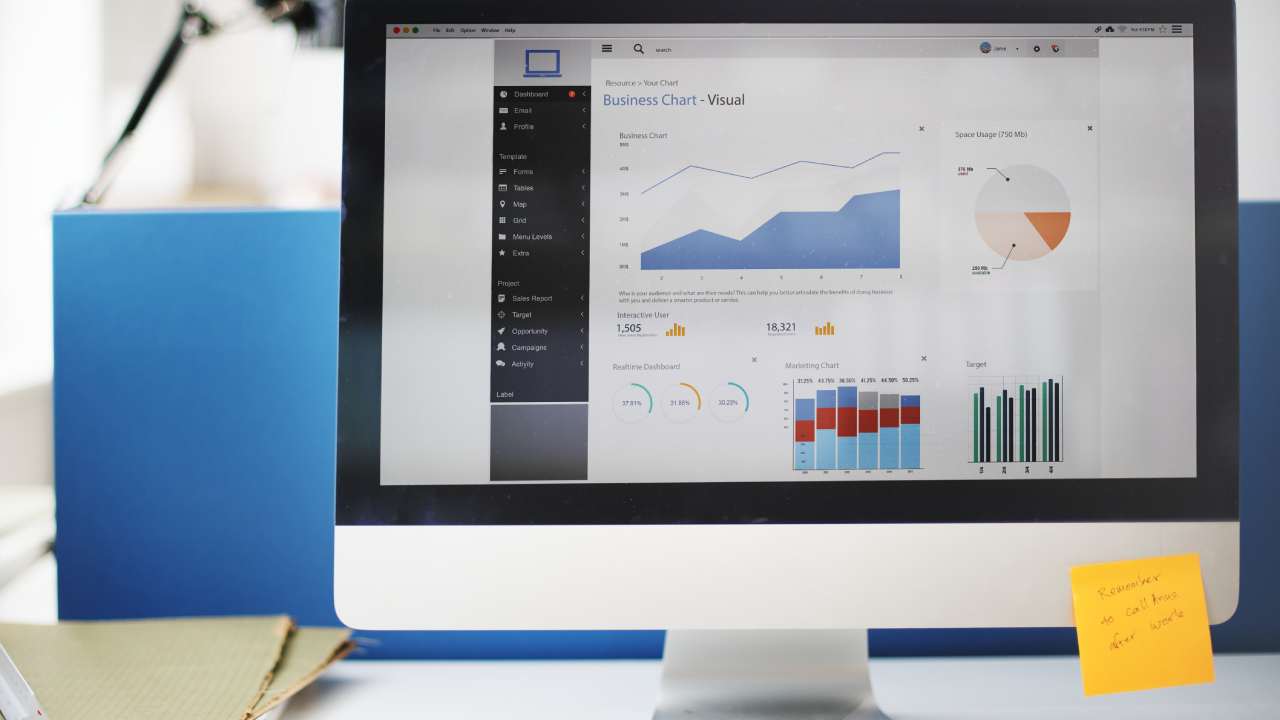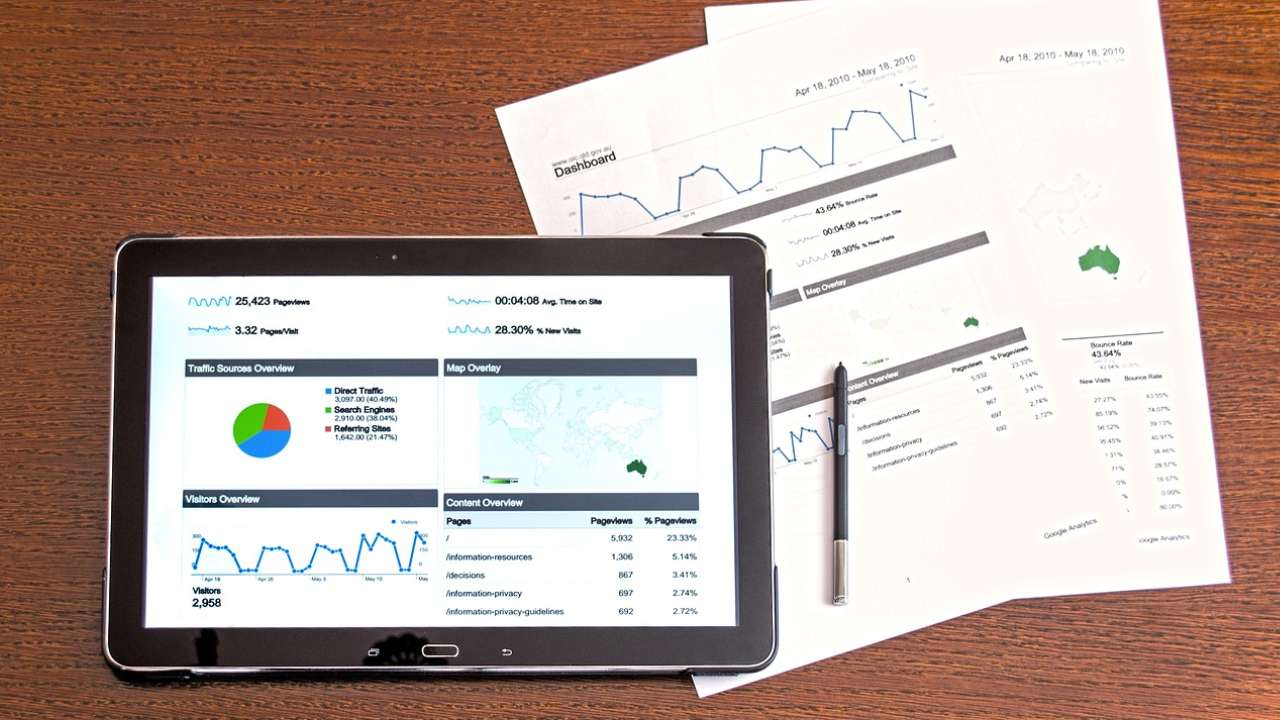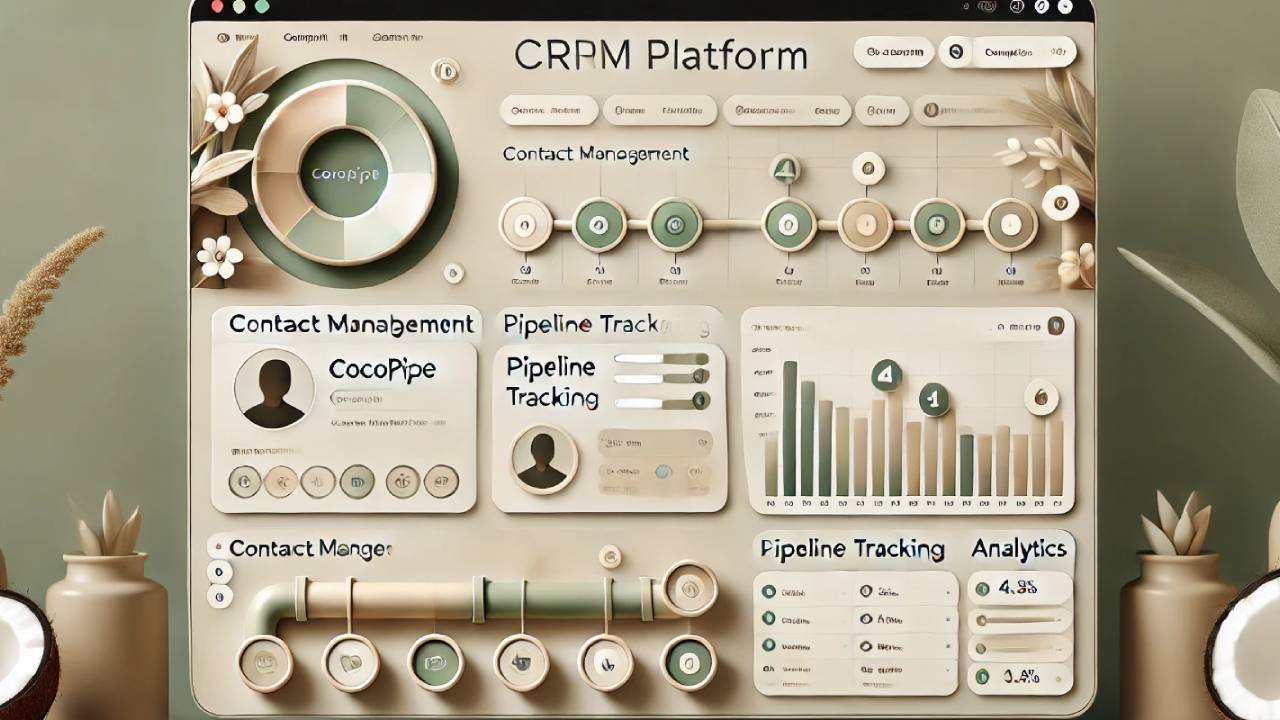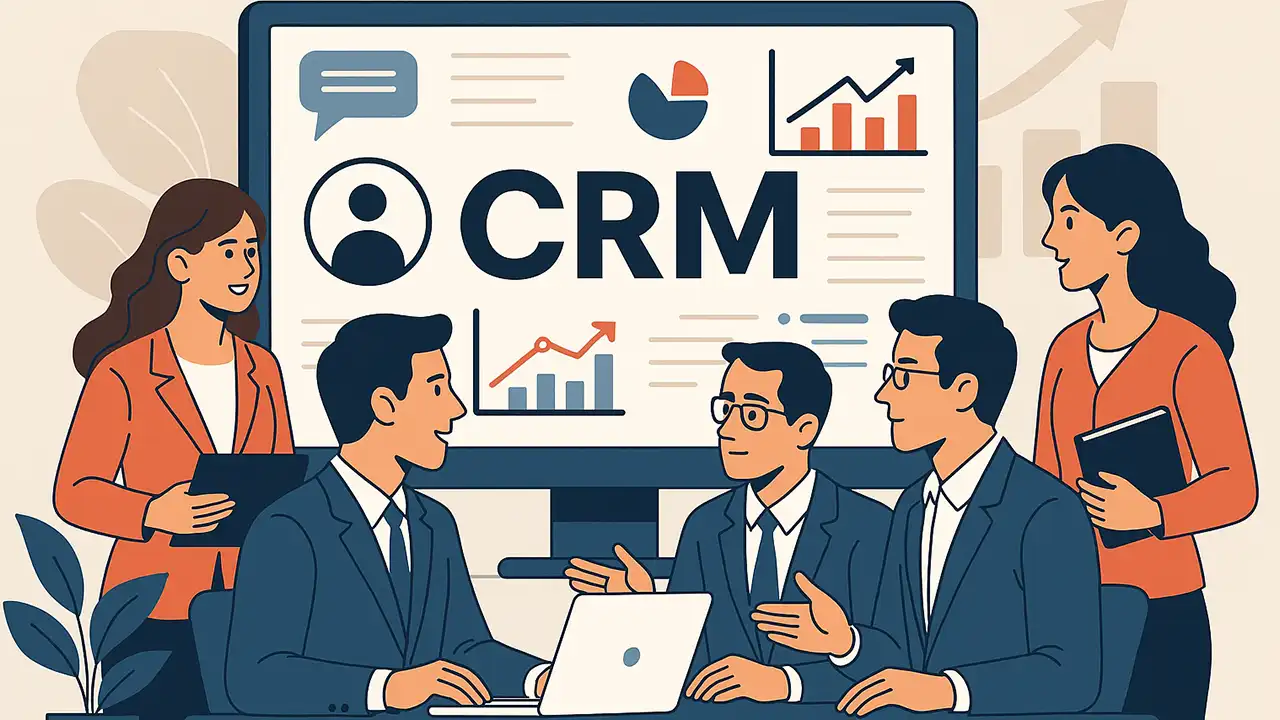
Are you ready to read the unfiltered pros and cons of CRM? In the modern workplace, managing customer relationships is more important than ever. CRM, or Customer Relationship Management, refers to the instruments and methods that businesses use to manage interactions with prospective and current customers. However, before adopting CRM software, organizations need to understand its benefits and drawbacks.
CRM tools are no longer exclusive to large enterprises. Small businesses and startups are also embracing them to enhance customer experiences, streamline operations, and boost profitability. However, while CRM systems can be game-changers, they also come with challenges that businesses must evaluate. We’re just diving into the pros and cons of CRM.
Understanding How CRM Works
CRM software operate by collecting customer data across various channels — emails, phone calls, social media, website interactions, and even face-to-face meetings. This information is then organized in a centralized dashboard that teams can access and use to make informed decisions.
Modern CRM tools integrate with popular business apps such as Gmail, Slack, Outlook, and QuickBooks. With such integrations, businesses enjoy seamless communication, real-time updates, and efficient task management. Let’s see the type of CRM software and then jump into the pros and cons of CRM.
Types of CRM Software
Not all CRMs serve the same purpose. Here’s a breakdown of the main types:
Operational CRM
Focuses on automating and improving customer-facing processes like sales, marketing, and service.
Analytical CRM
Helps in data analysis, customer segmentation, and forecasting future behavior based on trends.
Collaborative CRM
Facilitates inter-departmental communication, ensuring all teams have access to the same customer data.
Pros of Using CRM
- Enhanced Customer Relationships
- Streamlined Sales Process
- Better Data Management and Reporting
- Improved Customer Service
- Increased Productivity and Efficiency
Enhanced Customer Relationships
One of the top advantages of a CRM is the ability to store detailed customer information — preferences, purchase history, and interactions. This allows businesses to personalize communication and build stronger relationships.
Streamlined Sales Process
CRMs automate the sales cycle. From tracking leads to closing deals, sales teams have better control and visibility over the pipeline. Tools like sales forecasting, opportunity management, and email sequencing make it easier to meet targets.
Better Data Management and Reporting
With real-time dashboards and customizable reports, businesses can analyze customer data, track performance metrics, and make data-driven decisions.
Improved Customer Service
Many CRMs offer built-in ticketing systems and support features. Agents can quickly access customer history and respond faster, leading to higher satisfaction.
Increased Productivity and Efficiency
Task reminders, email automation, and shared calendars reduce manual work. Teams can focus more on strategic activities rather than repetitive tasks.
Cons of Using CRM
- High Initial Costs and Ongoing Expenses
- Complexity in Implementation
- Potential for Data Security Risks
- Resistance from Staff
High Initial Costs and Ongoing Expenses
Even though many CRMs offer free tiers, the advanced features often come with high monthly fees. Businesses may also incur additional costs for customization, training, and integration. However, Cocopipe is for all scales of businesses with its lower costs compared to others.
Complexity in Implementation
Rolling out a CRM isn’t always plug-and-play. The implementation phase can take weeks or even months. Improper setup may lead to inefficiencies and data errors.
Potential for Data Security Risks
Storing customer data means businesses are responsible for its protection. Data breaches can harm reputation and lead to legal consequences if not compliant with laws like GDPR or CCPA.
Resistance from Staff
Not all employees are tech-savvy. Some may resist switching to a new system, resulting in lower adoption rates. Proper training and change management are essential.
How to Choose the Right CRM for Your Business
Choosing the right CRM depends on your business size, industry, and goals. Key features to consider include:
- User interface and ease of use
- Integration with existing tools
- Mobile access and remote capabilities
- Customizable workflows
- Scalability as your business grows
FAQs About the Pros and Cons of CRM
1. Is CRM suitable for small businesses?
Yes, many CRM systems offer affordable or free tiers for small businesses with scalable features.
2. Can CRM integrate with other business tools?
Absolutely. Most CRMs integrate with popular software like Gmail, Zoom, QuickBooks, and Slack.
3. Are there CRMs that don’t require technical expertise?
Yes, tools like HubSpot and Zoho CRM are known for user-friendly interfaces.
4. How long does CRM implementation take?
It can vary from a few days to several months, depending on customization and business size.
5. What are the hidden costs of CRM?
Look out for charges on integrations, training, customer support, and additional user licenses.
6. What industries benefit most from CRM?
Retail, real estate, finance, healthcare, and tech companies commonly use CRMs for client management.
Conclusion: Making the Right CRM Decision
In this article, we just looked at the pros and cons of CRM. Choosing to implement a CRM is a strategic decision. While the benefits are numerous — better customer relationships, improved sales, and operational efficiency — it’s not without its downsides. High costs, complexity, and user resistance can pose challenges.
The key is to evaluate your specific business needs, train your team thoroughly, and select a CRM that aligns with your workflow. When done right, CRM can be a powerful ally in driving business growth.
